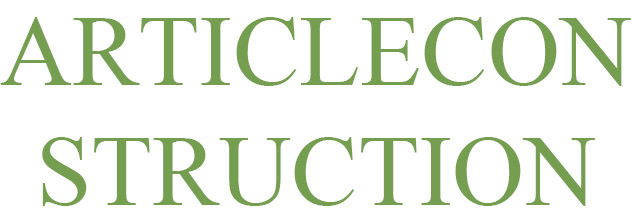Steel Sinkers Exporters vs. Domestic Suppliers: Key Differences Revealed
In the debate of sourcing steel sinkers, two primary options arise: exporters and domestic suppliers. Search results reveal that these two categories differ significantly in aspects such as pricing, quality, and logistics. Understanding these distinctions can help businesses decide the best path forward. This article explores the notable differences between steel sinkers exporters and domestic suppliers, informed by industry expert insights.
Understanding the Landscape of Steel Sinkers Supply
Steel sinkers are integral to various sectors, notably fishing and construction. The quality and pricing of sinkers, whether imported or sourced locally, play a critical role in influencing production costs and operational efficiency. To provide a comprehensive analysis, industry experts share their views on the matter.
Industry Expert Opinions
Quality and Standards
Experts frequently note the variance in quality control between exporters and domestic suppliers. Maria Chen, a materials engineer, highlights that, “Domestic suppliers generally implement stricter quality assurance protocols due to local regulatory oversight. However, reputable exporters also comply with international quality standards, necessitating thorough research and reliability checks.”
Cost Considerations
The pricing structures present a mixture of opinions. Economic analyst John Davis remarks, “Exporters may provide attractive pricing due to lower production costs in their respective countries, but one must consider the added shipping and import charges that can offset these savings.” Conversely, Emily Ramirez, a supply chain strategist, points out that domestic suppliers can effectively reduce costs. “Although the initial price may appear higher, relying on local suppliers helps avoid import duties and long lead times,” she elaborates.
Supply Chain Efficiency
Differences in supply chain efficiency are also paramount. Exportation can introduce longer delivery times. Supply chain consultant Tom Singh states, “Importing steel sinkers, especially from overseas sources, can be delayed by customs and transit challenges. Domestic suppliers typically afford quicker delivery, crucial for businesses with urgent needs.”
Availability and Variety
An advantage of working with exporters lies in the wider range of products available. Global trade advisor Lisa Forbes notes, “Many exporters can provide a more extensive selection of sizes and configurations, which can benefit businesses in need of tailored solutions.” However, some domestic suppliers may carry a narrower product line but emphasize standardized goods that guarantee reliability.
Relationship Building
Expert in relationship management Sam Patel argues that fostering connections is often more straightforward with domestic suppliers. “Proximity allows for face-to-face interactions, strengthening business ties. This rapport facilitates negotiations and cooperations,” he shares. In contrast, engaging with foreign exporters typically relies on digital communication, which can occasionally lead to misunderstandings.
Conclusion: Making the Right Choice
The decision between sourcing steel sinkers from exporters or domestic suppliers depends on multiple considerations, such as quality assurance, financial implications, logistics, product diversity, and relationship management. Careful research and evaluation are essential for companies to identify the optimal sourcing strategy aligned with their specific needs. By weighing the insights from these experts, businesses can make informed decisions that enhance operational effectiveness and profitability.
If you would like further information, please check out hdpe floaters factory and hdpe floaters suppliers.
- Previous: Are UHMWPE Pipes Durable Enough for Your Industry's Demands?
- Next: None



